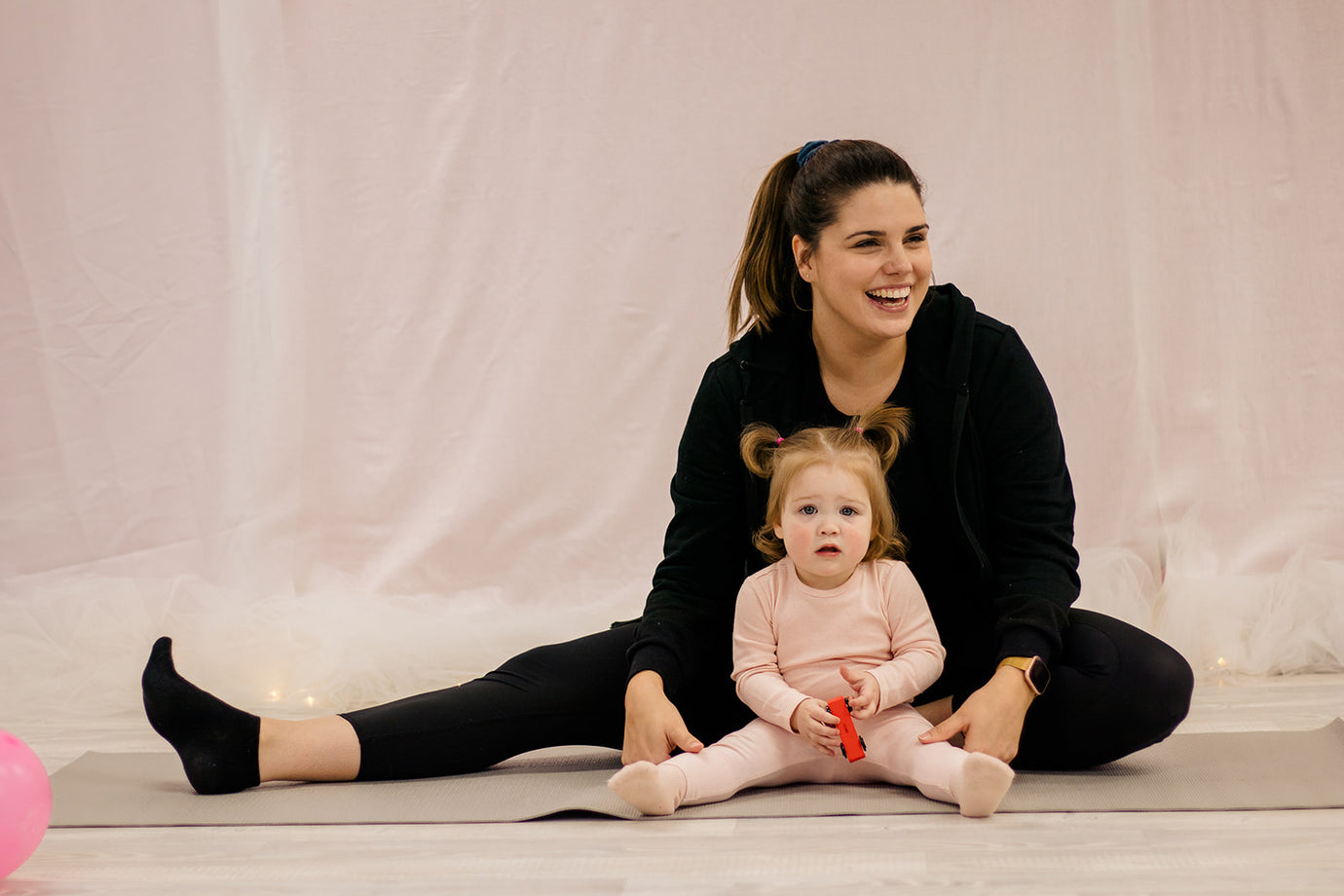6 Questions to Ask your Partner Before Baby is Born

The anticipation of welcoming a new baby is an exciting time for any couple. It is very common for us to focus a lot on the impending birth that a lot of important conversations are left until postpartum. But who wants to be having a big conversation when you're sleep deprived and hormonal?!
Here are 6 questions our Nurturehood families wished they had talked about before baby arrived (and some of our tips to help you have a productive conversation).
1. How will we divide responsibilities?
Discussing the division of responsibilities is crucial to ensure a balanced and supportive environment for both parents. Talk about how you plan to distribute caregiving tasks, such as feeding, nappy changes, soothing techniques, and night-time duties. Consider each other's strengths, work schedules, and personal needs to create a flexible plan that allows both parents to feel supported and involved in the baby's care.
2. What expectations do you have for supporting each other emotionally?
The postpartum period can be emotionally challenging for both partners. Get off to a great start now by practicing open and empathetic communication. Share your expectations, concerns, and fears about becoming parents. Discuss strategies to manage stress, express needs, and provide comfort to each other during moments of exhaustion or frustration. Regular check-ins and active listening can go a long way in nurturing a strong and supportive partnership during this transformative time.
3. How will we support each other to manage sleep deprivation and other self-care needs?
Sleep deprivation is an unwelcome reality for most new parents. Discuss strategies for managing sleep and prioritising self-care. Consider establishing a routine for sharing night-time duties, allowing each partner to have periods of uninterrupted sleep. Encourage and support each other in taking breaks and engaging in self-care activities to prevent burnout. Remember that taking care of yourselves is crucial to providing the best care for your baby.
4. What do we need to consider financially in preparing for parental leave?
The arrival of a baby often brings financial adjustments. Have a conversation about financial planning, including budgeting for baby-related expenses, healthcare costs, and potential adjustments in income due to parental leave. Explore available resources, such as parental leave policies, government benefits, and childcare options. Understanding your financial situation and planning ahead will help alleviate stress and ensure a smoother transition into the postpartum period.
5. Who is in our support network?
It can be incredibly useful to identify family, friends, or community resources that can provide assistance and emotional support during the postpartum period. Consider joining parenting groups or attending prenatal classes together to connect with other expectant or new parents. Continue this into parenthood with classes such as Nurturehood, which are designed to help you build your new parent network with other who are in the same stage of life. This support can help immensely in the transition to parenthood!
6. How will we take care of our relationship once baby is here?
Baby's arrival can create big changes to relationships. Discuss with your partner how you would like to maintain a strong partnership and prioritise quality time together. Explore creative ideas for date nights, such as at-home activities or seeking trusted caregivers for occasional breaks. Nurturing your relationship amidst the demands of parenthood is essential to sustain a loving and supportive bond.
At the end of the day, plans change and what you talk about now may be different come postpartum days. But in starting these discussions now you can ensure that you are both on the same page for as much of this journey as you can be (and hopefully avoid some uncomfortable conversations on the other side of things). These questions are a great way to kickstart discussions so that you can navigate the postpartum period as a united and resilient team, ready to embrace the joys and challenges of parenthood together.



